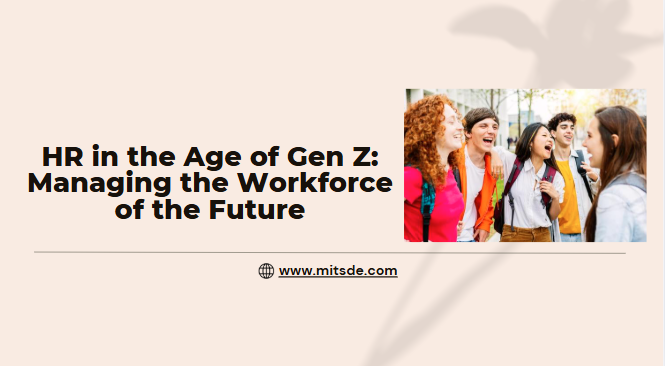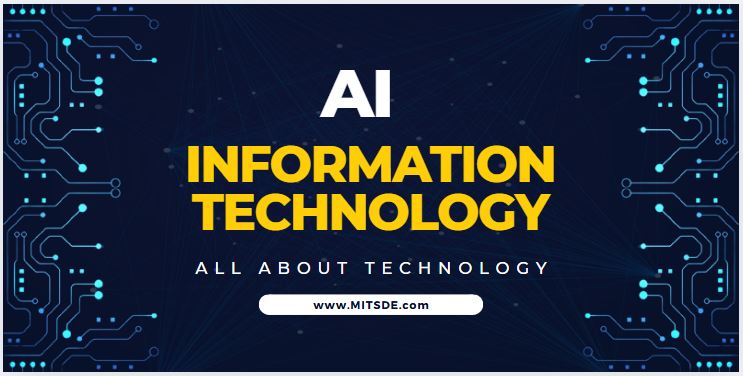
As Generation Z, the most recent workers to enter the workforce, rethink workplace culture and professional expectations, the modern workplace is undergoing a seismic transformation. Unlike earlier generations, Gen Z employees have distinct work preferences, advanced technology skills, and high expectations for company values, work-life balance, and career advancement. As HR professionals prepare for the future of HR management, adjusting to these changes is critical to corporate success.
Understanding Gen Z Workforce Trends
Gen Z, the first generation to be born in the digital age, was born between the middle of the 1990s and the beginning of the 2010s. They grew up with social networking, artificial intelligence, and rapid technology breakthroughs. As a result, their attitude to work is dynamic, adaptable, and innovative. Key trends influencing this workforce include:
- Preference for Work Flexibility: Gen Z workers are particularly drawn to remote and hybrid work arrangements.
- Focus on Corporate Values: They favor employment with companies that share their moral and social values.
- Tech-Savvy Mindset: Gen Z anticipates that advanced technology will improve productivity and teamwork in the workplace.
- Desire for Continuous Learning: In contrast to earlier generations, they place a higher value on professional development and upskilling possibilities.
HR Challenges with Gen Z
Managing this workforce presents new issues for HR managers, such as:
- High Expectations for Career Development: Gen Z workers look for possibilities for growth and clear career pathways. Companies who do not give these may suffer with retention.
- Demand Authenticity and Transparency: Organizations need to be transparent in order to preserve trust and promote open communication.
- Managing a Multigenerational Workforce: HR must put in place regulations that accommodate different work preferences as Boomers, Gen X, Millennials, and Gen Z collaborate.
- Shorter Job Tenures: Gen Z is more prone than their predecessors to change jobs frequently in pursuit of better chances and a more fulfilling work environment.
Employee Engagement Strategies for Gen Z
In order to enhance employee engagement, human resources professionals need to reconsider conventional methods and integrate modern techniques, such as:
- Gamification of Work Processes: Using gamification techniques to make work enjoyable and interactive can increase employee engagement.
- Personalized Career Development Plans: HR ought to offer employees customized learning trajectories that complement their goals.
- Regular Feedback and acknowledgment: Gen Z prefers ongoing acknowledgment and real-time feedback over yearly performance reports.
- Workplace Culture: Promoting open communication and a diversity of viewpoints encourages motivation and loyalty.
Managing a Multi-Generational Workforce
Given that Gen Z and other generations cohabit in the workplace, HR must encourage intergenerational cooperation. Strategies for doing this include:
- Reverse Mentoring Programs: In order to promote mutual learning, Gen Z exchanges tech expertise with older staff members.
- Flexible Work Policies: Encouraging a variety of work methods to guarantee the success of every generation.
- Projects involving cross-generational teams: Promoting knowledge sharing via varied teamwork.
Gen Z Work Expectations and Organizational Adaptation
Organizations must fulfill the different work expectations of Generation Z in order to attract and retain outstanding personnel. This includes:
- Diversity and Inclusion: They look for employers who support efforts related to Diversity, Equity, and Inclusion (DEI).
- Mental Health Support: Organizations that provide wellness programs and mental health assistance are popular among Generation Z.
- Work-Life Integration: In contrast to conventional work-life balance, Gen Z favors a smooth transition between their personal and professional lives.
HR Technology for Young Professionals
When it comes to managing and involving Gen Z workers, technology is essential. Key HR technology solutions include:
- AI-driven Recruitment Tools: Hiring efficiency is increased by automating Gen Z talent acquisition tactics.
- Cloud-based Learning Management Systems (LMS): Enabling ongoing learning and growth.
- Employee Engagement Apps: Interactive platforms for better collaboration, feedback, and engagement.
- HR Chatbots: AI-driven chatbots that provide immediate employee help and inquiry resolution.
Workplace Culture for Gen Z
Creating a workplace culture that aligns with Gen Z’s expectations is critical. Key elements include:
- Transparency and Open Communication: Encouraging honest discussions and leadership accessibility.
- Purpose-driven Work Environment: Highlighting the organization’s mission to inspire Gen Z employees.
- Socially Responsible Initiatives: Engaging in CSR activities that resonate with Gen Z’s values.
Leadership Styles for Gen Z Employees
Traditional leadership models may not be effective with Gen Z employees. Instead, HR professionals should promote:
- Servant Leadership: Leaders who prioritize the well-being and development of their teams.
- Agile Leadership: Adaptability and responsiveness to changing work dynamics.
- Collaborative Leadership: Encouraging a team-oriented and inclusive approach to decision-making.
Talent Acquisition Strategies for Gen Z
Recruiting Gen Z talent requires innovative approaches, including:
- Social Media Recruitment: Leveraging platforms like LinkedIn, Instagram, and TikTok for hiring.
- Value-driven Employer Branding: Showcasing company culture, values, and growth opportunities.
- AI-powered Resume Screening: Speeding up the hiring process and ensuring the best talent matches.
Conclusion
Gen Z’s expectations and preferences are influencing HR management in the future. Organizations that embrace change, invest in HR technology, and foster a workplace culture that reflects these young professionals will succeed.


